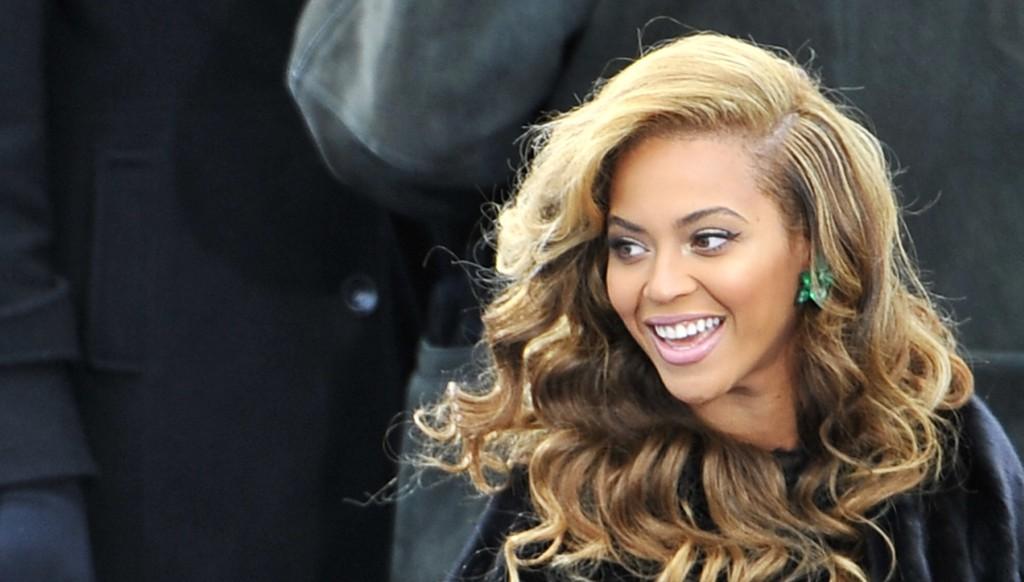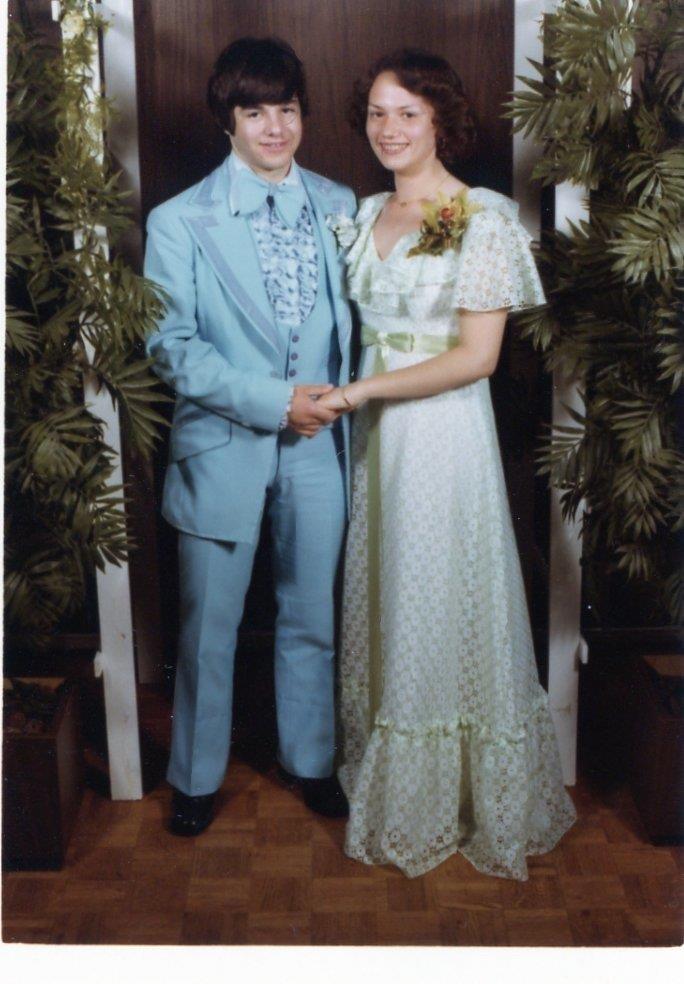by Madeline Best
Beyoncé, Emma Watson, Kim Kardashian, Katy Perry–the list could go on and on. It is a common phenomenon for young girls to view female celebrities as role models for their lives. Famous females are looked up to by girls around the world, who idolize celebrities and look to them for advice on how to dress, act, and speak. With all this attention, it begs the question, are these celebrities actually portraying a positive influence for the next generation of young women? While some celebrities preach about being yourself and having confidence, some set a standard that looking good is one of the most important things in life. With so many adolescents trying to reflect these celebrities’ lifestyles, do these standards that girls’ “role models” set promote a positive image of how girls should live their lives?
According to senior Molly Corless, while it is easy for celebrities to become wrapped up in the Hollywood lifestyle, women like Jennifer Lawrence do not let the fame go to their heads.
“Rather than using her fame purely for attention, [Jennifer Lawrence] uses it to guide herself and the millions who look up to her,” Corless said. “She acknowledges she is in the spotlight, but she does not become a ‘celebrity.’ She still carries herself as normally as any of us would. She promotes positive body image and knows how to laugh at herself.”
Lawrence, who became a prominent figure to children and teens after starring in “The Hunger Games,” has used her publicity platform to speak about positive body image. When Lawrence was asked to lose weight for her role as “Hunger Games” protagonist Katniss Everdeen, she refused, according to Corless.
“[Lawrence] recognizes that girls and boys of all ages need to see strong and healthy figures on television,” Corless said.
Senior Madeline Cozad, who has been a devoted fan of Beyoncé since her Destiny’s Child days, also said that female celebrities are aware of their public image and use it to promote confidence in the girls that look up to them. Beyoncé uses songs such as “Single Ladies (Put a Ring on It),” “Run the World (Girls),” and “Pretty Hurts” to send messages that physical appearance does not define a woman, Cozad said, and to promote female empowerment. Although many of Beyoncé’s songs incorporate feminism, the song “***Flawless” sticks out the most to Cozad because of its incorporation of a voice-over by Chimamanda Ngozi Adichie, a feminist author, who talks about what it means to be a woman and a 21st-century feminist.
“The song sends the message that feminism is not what people may perceive it to be and that, although women have come a long way, there are still many areas in which we are not equal to men by society’s standards,” Cozad said.
The messages celebrities such as Beyoncé send to their fans play an important role in influencing how young women think and act, Cozad said.
“I think that the media portrays female celebrities as important, so naturally young girls are apt to idolize them,” Cozad said. “Whether we like it or not, they definitely have an influence on young people in this day and age.”
While some celebrities do influence their fans positively, that is not to say that all female celebrities serve as appropriate role models to the easily impressionable adolescents that look up to them, according to Corless.
“As much as I hate to say this, I think that female celebrities are generally conceived as negative, especially among young girls,” Corless said. “Of course, it depends on who and what kind of work they do, but when you are between the ages of 10 and 13, you’re really looking up to anyone older than you.”
Senior and Katy Perry enthusiast Maddie Knopke believes that it is hard to really say whether a celebrity can be labeled a “good” or “bad” influence.
“In my opinion [Katy Perry] has done a lot to promote individuality and creativity through self-expression,” Knopke said. “However, she has pieces of her image that aren’t necessarily positive for young girls. This being said, any person will have positive and negative aspects to their character.”
One celebrity group that has dealt with being labeled as a “negative” influence to its fanbase is the Kardashians. The Kardashians rose to fame through their popular E! reality show “Keeping Up With The Kardashians”, which is currently in its ninth season. The negativity surrounding how people view the Kardashians, according to both Corless and Cozad, stems from the impression they offer to viewers that materialism and physical appearance are all that matters.
“I feel that the Kardashians send a terrible message to young girls,” Cozad said. “It’s as if they are saying that your looks will ultimately matter more for your success than your intelligence and personality. When girls see these women who get paid billions of dollars for doing nothing but looking ‘good’, they get the idea that appearance is all that matters.”
Senior Kiley O’Toole, a fan of the Kardashians, disagreed that they give a negative impression to their viewers. While O’Toole said she believes the Kardashians are aware young girls are looking to them for guidance, they act their genuine selves on-air.
“I think they are aware [of being filmed], but I don’t think they think about it very often,” O’Toole said. “It isn’t their job to raise children, so I think they try to have good morals and intentions, but still having fun being themselves.”
O’Toole said that there are many positive aspects of the Kardashians that set good examples for the young girls watching the show, such as promoting body acceptance, not apologizing for who they are, being matriarchs to their families, promoting acceptance of others and publicly dealing with experiences both good and bad. According to O’Toole, the Kardashians embody modern-day feminism.
“I think the main message of feminism is that a woman can dress [and] act however they would like and still be professional, successful [and] loving,” O’Toole said. “The Kardashians act and dress in ways that make them feel good, and they don’t change when others label them as trashy [and] slutty [and] fat. They are businesswomen, make lots of money and still manage to be content with who they are. I’d rather promote that to young girls than tell them to modify their attitudes [and] appearances to fit society’s expectations of women.”
Everyone has their own opinions on certain celebrities, which can make defining whether the celebrities are labeled “good” or “bad” an impossible task, according to Knopke. As Knopke said, in the end it is up to us as individuals to draw our own conclusions.
“As far as role models go, it’s really just about what you choose to see in the person, because honestly, there isn’t ever going to be a perfect role model,” Knopke said. “Every celebrity is a whole person with mistakes just like us, but when we look up to them, it’s our responsibility to decide what inspiration we take away from them, whether it be positive or negative for us.”
Twitter is widely used by celebrities to send messages out to their fans, so how many followers do some of the most influential female celebrities have?
Katy Perry – 52,400,000
Taylor Swift – 40,300,000
Demi Lovato – 21,800,000
Kim Kardashian – 20,800,000
Miley Cyrus – 17,900,000
Beyoncé – 13,300,000
Emma Watson – 12,800,000
Lana Del Rey – 3,700,000
Ke$ha – 3,600,000
Mindy Kaling – 2,800,000








